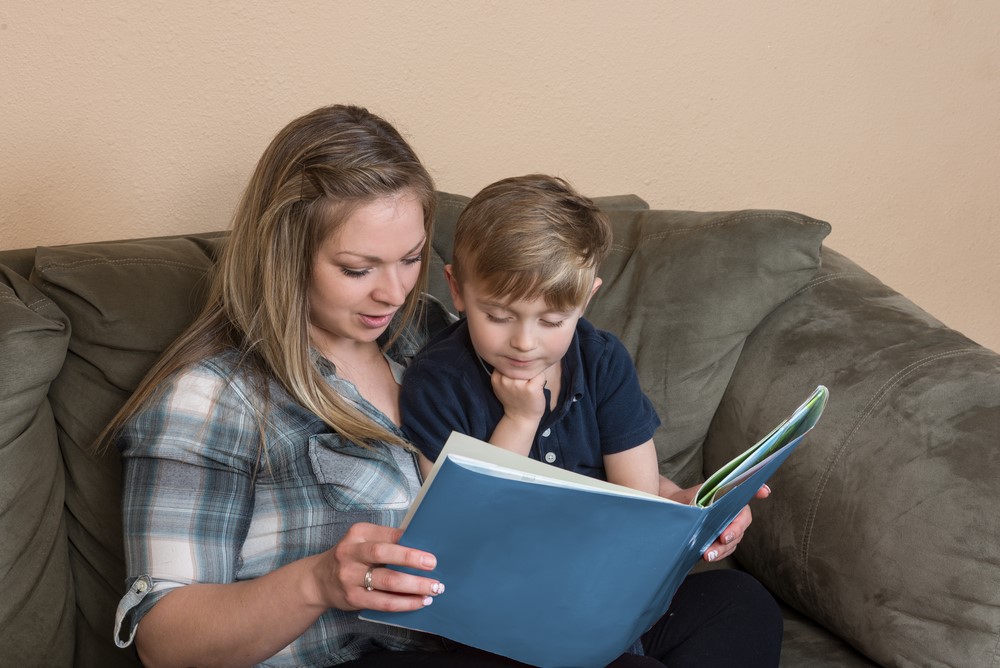
The term Auditory Processing Disorder (APD) denotes the condition of hearing problem. Researchers say that this problem affects around 5% of school-aged children. This condition is also known as the Central Auditory Processing Disorder (CAPD).
Kids who are diagnosed with this condition face difficult or simply cannot process what they hear as other kids do. Doctors believe that such a condition occurs when something interferes with the working of the brain. With such interferences, the brain finds it difficult to recognize and interpret sounds — most commonly speeches. The ears and brain can hardly cooperate due to the intervention.
The good news is kids with APD can be cured to a great extent with the right therapy. Diagnosis at an early stage can solve half of the problem. It is essential to treat the condition as early as possible. Otherwise, a child can face serious issues while learning.
Treatment of Auditory Processing Disorder
Auditory processing disorder treatment includes working with an audiologist. The audiologist can significantly improve the issues of the auditory deficit. The treatment procedure involves teaching techniques to compensate for the disorder and adjusting the environment to eliminate or reduce certain sounds. In some procedures, a patient is given an electronic device to aid in listening.
A lot of factors play an important role in the method of auditory processing disorder treatment. An amalgamation of home, school, and professional therapies with a speech pathologist is the best remedy. The entire procedure takes time, and it will be futile to expect some magic in a short span.
Although experts firmly believe that early diagnosis is better, APD can still be treated at the adolescence stage. If the auditory pathways stop developing at a particular stage, then treatment is started from that stage.
Auditory Processing Disorder Treatment With Therapy
APD people can immensely gain from compensatory strategy approaches. These approaches help people to listen through active listening and problem-solving techniques actively. The strategies involved with these programs are teaching the students to ask for a repetition of instructions. Students are also trained to ask for clarification when in doubt.
The main problems of the patients of APD lie in differentiating sounds. They have a condition that leaves them with hearing or saying ‘that’ for ‘cat,’ for example. Speech therapy can play a significant role here. In auditory processing disorder treatment, speech therapy is an integral part. Speech therapy ensures that the ability to make and understand these sounds is improved.
A wide variety of exercises are included in the therapy. The objective of these exercises is to target specific auditory deficits. Therapists employ computer-assisted software programs for one on one training with their patients.
Some Commonly Used Techniques
Some of the widely used methods employed by therapists while working with individuals are:
- To sharpen auditory memory– An audiologist will make your child repeat a series of directions and numbers. This process is known as the sequencing routines and is done to exercise the listening muscles.
- To manage language processing problems– In this process, a patient will be encouraged to ask instructions from a teacher or any adult. The therapist will also teach the patient to capture information in the form of taking notes.
- To reduce the problem of sound discrimination– In this form of therapy, the therapist will train your child’s ability to discriminate sounds. Your child might be exposed to the environment with loud background noise to enhance differentiation.
Supports groups in the form of online and in-person will not only help people suffering from such disorders but will also improve their parents. Such support groups or online forums can identify the type of disorder and recommend treatments accordingly.




